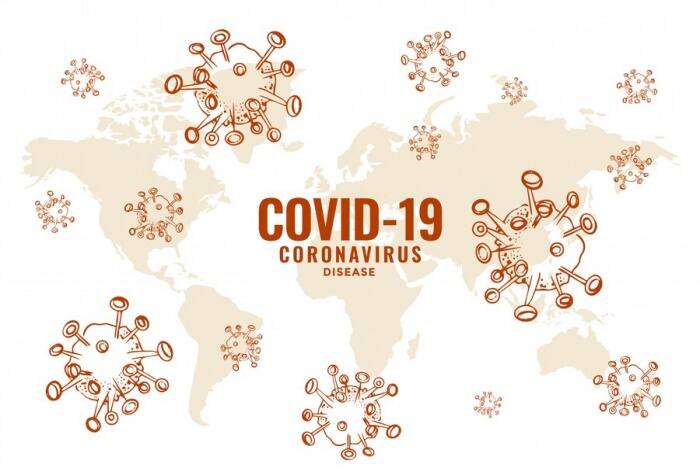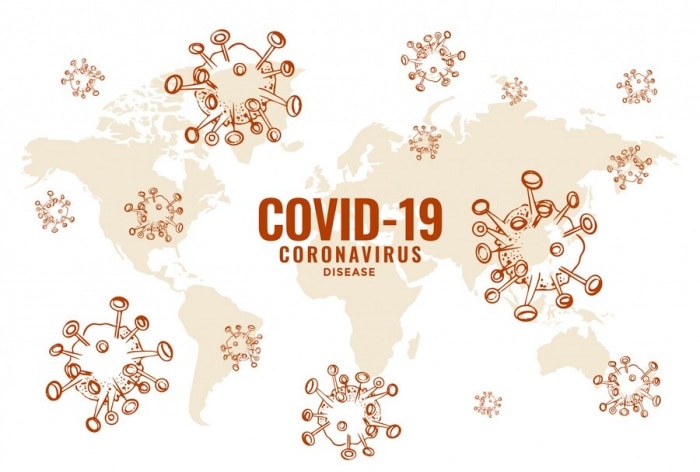Covid-19 cases are on a steady rise in India. Maharashtra is witnessing an uptick in cases an here is all you need to know- from symptoms to prevention about this omicron subvariant.

Almost every year a new variant of Covid-19 leads to surge in cases globally. Every time it hits India, there is a moment of concern about its fatality, transmissibility, virulence etc. This time, a new subvariant of Omicron has been identified that is leading an uptick in covid cases abroad and now India as well. Maharashtra has so far reported nearly 91 cases of this new Covid-19 variant named as FLiRT. KP.1.1, and KP.2 strains are part of the new variant dubbed FLiRT, based on the technical names for their mutations, one of which includes the letters “F” and “L”, and another of which includes the letters “R” and “T”.
Genome sequencing of March and April revealed 91 cases of KP.2 in Maharashtra as per IANS report.
Is Covid New Variant FLiRT More Dangerous?
“There is no reason to believe that the FLiRT group of variants being reported are more virulent than the existing variants,” Dr Lancelot Pinto, Consultant Pulmonologist and Epidemiologist, P. D. Hinduja Hospital and MRC, Mahim, told IANS.
However, a report by Economic Times states that KP.2, which has bee found in India, has additional mutations in its spike protein. This may make it easier to escape immunity and vaccine effects as well.
There is no cause of concern as yet. However, experts have advised undertaking all necessary Covid-19 protocols.
Symptoms of New Covid Varinat FLiRT
- Sore throat
- Runny nose
- Congestion
- Tiredness
- Fever (with or without chills)
- Headache
- Muscle pain
- And sometimes loss of taste or smell
Covid FLiRT Preventive Tips
- Mask up! Every time you step out in crowded spaces, ensure to carry and wear a mask, Covid-19 spreads via contact and droplets. Therefore, it is better to be safe than sorry.
- Nutrient-Rich Diet: Include immunity-boosting foods to fight viral infection. Include more of vitamin C, A, zinc etc.
- Hygiene: Maintain proper personal hygiene. Wash your hands everytime you come from outside. Keep your clothes separate for outings and when staying indoors.
- Kids, elderly, and pregnant women are usually more at risk of contracting infection. Ensure all precautionary measures are being taken for and by them.
- Isolate yourself incase any of these symptoms persist for a longer duration. Consult a doctor immediately if a combination of these signs do not go away quickly.

